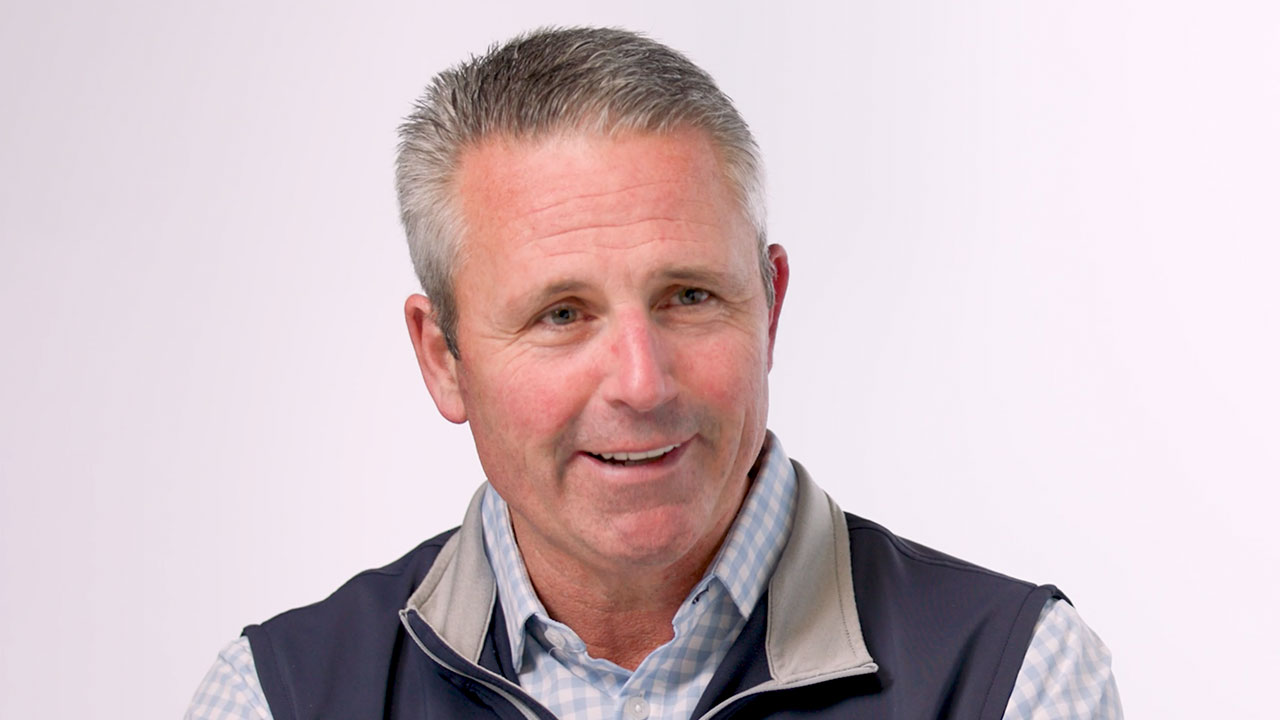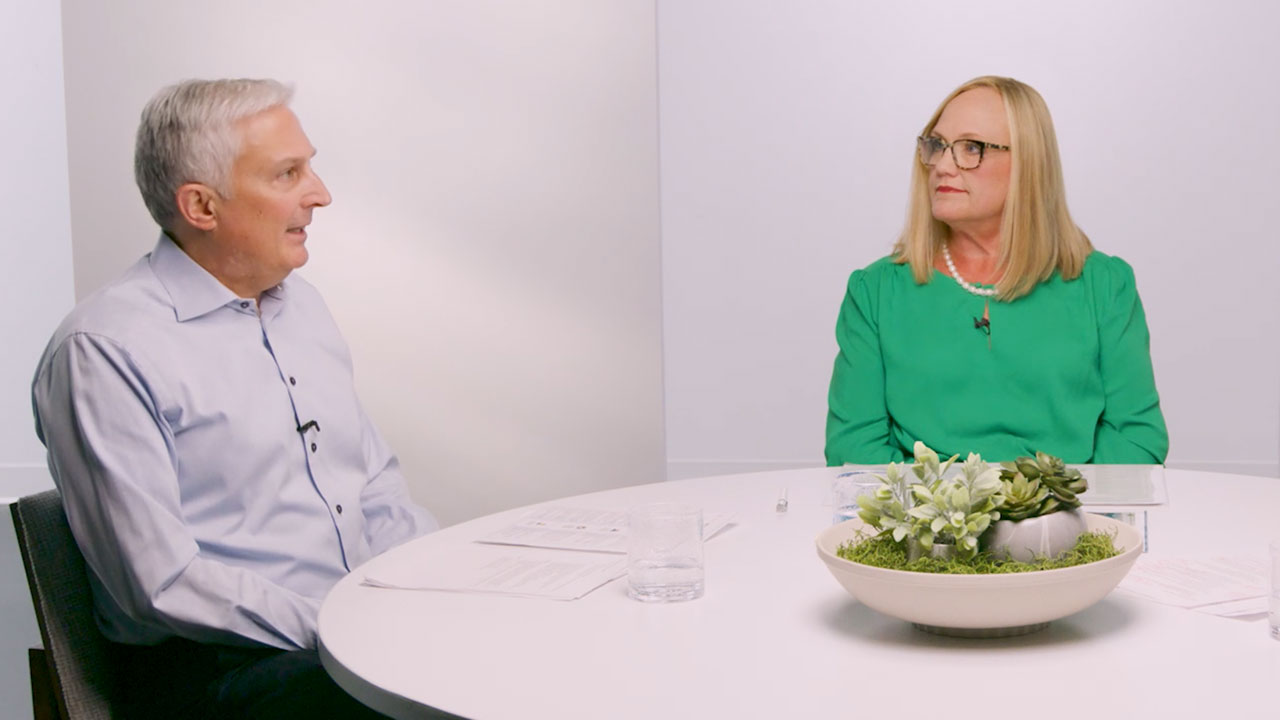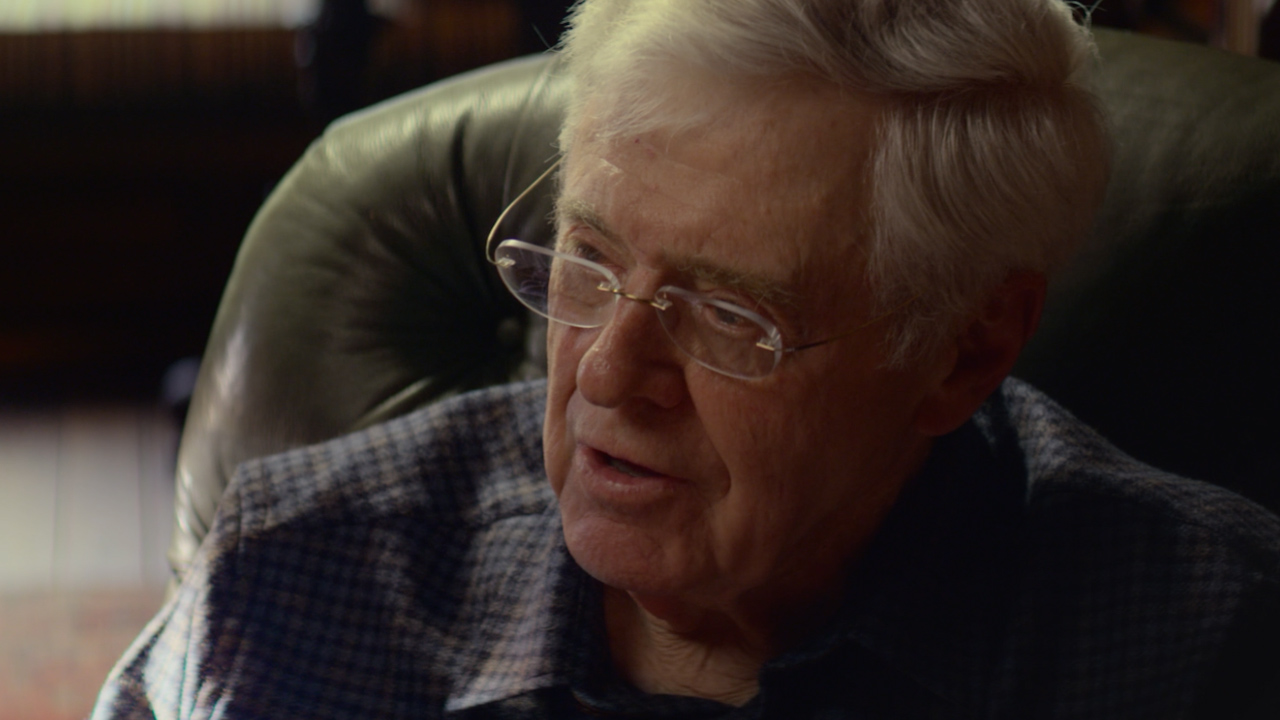原则简述
Knowledge is more than data, facts or information; it’s about applying understanding and know-how profitably to improve results. Societies are most prosperous when knowledge is plentiful, easily accessible, relevant and inexpensive. Such knowledge results from openness, free speech, challenge, free association, mutually beneficial trade and market signals, including prices and profit/loss. Anything that restricts the creation and use of knowledge distorts reality and hinders progress.
One of society’s greatest sources of knowledge is what each individual knows about their specific needs, preferences and circumstances, what they are good and not good at, and how they can best contribute. Because this knowledge is widely dispersed, it is impossible for one person or small group to make optimal decisions for everyone else. That is why prosperity and progress require a bottom-up approach in which individuals are empowered to develop and apply their abilities.
No matter how capable our employees may be, our company cannot possess all the knowledge necessary to succeed long term. To overcome entropy and at least match the creative destruction of our best competitors, we need a culture that values lifelong learning and innovation. This includes:
- Building broad knowledge networks to enable us to acquire the most valuable knowledge from any and all sources (Republic of Science).
- Employees developing the personal knowledge that enables them to solve problems, identify opportunities and discover better ways of doing things.
- Internally sharing our ideas and knowledge, soliciting and providing challenge (Scientific Method and Challenge), and identifying and closing gaps.
- Developing reality-based measures and doing marginal analysis to help us learn what works, improve results and increase our rate of transformation.
- Conducting well-designed experiments (Experimentation and Experimental Discovery).
Hayek recognized that human progress is not the result of human design but of experimentation and centuries of accumulated knowledge. The institutions, customs and traditions we take for granted reflect far more wisdom than any one person can possess. As Sir Isaac Newton said: “If I have seen further, it is by standing on the shoulders of giants.” Likewise, the organizational knowledge embodied in our principles and processes developed over time. Today’s employees benefit from the culture, know-how and practices developed over the years by employees they never met.
Principles such as integrity, humility and openness are vital to, and promote respect for, this organizational knowledge. At the same time, our principle-based framework encourages us to continually challenge our paradigms and update our vision of what is possible so we can innovate, transform and succeed long term.
Philosopher of science Michael Polanyi taught that we only truly know something — that is, have personal knowledge — when we can apply it to get results. We develop personal knowledge by converting conceptual understanding into an effective tool for solving problems, addressing new opportunities and discovering what does and doesn’t work. Developing personal knowledge involves a personal transformation—what Polanyi called, “a self-modifying act of conversion.” Reading a book or watching a video on how to ride a bike can be helpful, but developing personal knowledge requires riding one. Because practice makes permanent, not perfect, you must engage in correct, frequent and prolonged practice.
When you’re just learning how to do something, a template or operating procedure can be necessary and useful. As you study and practice in a particular field, you absorb increasing amounts of specific knowledge, including rules, facts and relationships. This encourages a type of conformity, but at some point, you know these details well enough that you can begin to focus on the whole and innovate, recognizing the limitations of templates and processes.
Discoveries are more likely when you understand the meaning of things because you sense what and when something is wrong, even though you may not always be able to articulate your understanding. You are able to perceive patterns, problems and opportunities — whether researching a new technology or market, operating equipment, interviewing a candidate, screening an acquisition or doing anything with the goal of delivering value to both customers and the company.
Personal knowledge helps you identify gaps between what is and what could be. Even without quantitative data, your intuition might tell you that something is wrong, or something better is possible. This is why we encourage the passionate pursuit of hunches based on personal knowledge. Hunches and intuition can be tough to explain, but that doesn’t make them incorrect. As Polanyi said: “We can know more than we can tell.” Hunches help you develop hypotheses that can be challenged and tested. This can lead to insights, discoveries and new ways of doing things.
Our principle-based framework recognizes that many individuals have deep personal knowledge about aspects of how to produce the product(s) or deliver the service(s) of the organization, but the total knowledge is dispersed. This is why we believe it is impossible for a top-down approach to determine all the necessary activities, methods and changes needed to be successful. Instead, we rely on a shared vision, superior cooperation and a culture where the knowledge of all employees is valued and leveraged to create the greatest long-term value for Koch.
更好地理解它
例子
以下是我们知识原则的不同方面。每个都包含应用它的各种示例。
- 寻求知识
- 分享知识
- 提供和征集挑战
- 应用个人知识
- 在一次市政厅会议上,艾娃听说了一个项目正在解决一个与她所在地区类似的问题。Ava 安排时间与项目负责人一起了解更多信息。
- 当雨果读到一篇关于汽车制造商如何解决密封件破损问题的文章时,他想知道同样的技术是否适用于他的化学工厂。 他做了更多的研究,然后要求其他科氏公司的人推荐他们自己的知识网络中可能有有用信息的人。
- Maryam 有一种预感,她的团队可以在不影响产品质量的情况下减少 10% 的原材料投入。在与她的主管交谈后,她与一个小团队合作,设计并运行了一个实验来测试她的假设。
- 这是 Joshua 第一次参与全厂项目。Dawn 已经工作了多年,他欢迎 Joshua 加入项目团队,带他四处逛逛,与其他团队成员见面,并向他展示如何使用他们的项目跟踪系统。
- 爱丽丝的团队刚刚解决了一个棘手的技术问题。她安排了一次与其他机构的同行会面,分享经验教训。她还允许他们访问她创建的文档,并在他们将来有问题时提供资源。
- Miquel 了解到 Koch 的业务可能会扩展到他曾经工作过的国家。他愿意与项目团队分享他的经验和见解。
- Isla 的团队正在开会解决一个技术问题,并对提到的第一个解决方案感到兴奋。伊斯拉说:“我们不要急于求成。我们应该集思广益,评估其他替代方案。
- 在听取提案时,Leo问道:“如果我们将最后期限提前四周,结果会有什么变化?
- Yuki 注意到,当他的团队正在讨论一个重要问题时,一名团队成员一直保持沉默。Yuki说:“小梅,你觉得我们应该怎么做?
只有当我们可以应用这些知识来获得结果时,我们才能真正知道一些东西(拥有个人知识)。
- Witt 想成为一名出色的软件开发人员,并且知道他需要的不仅仅是学校的学习。他与他的主管一起寻找一位优秀的导师,通过为他的工作提供指导和反馈来帮助他发展技能。
- Jakub 是一位经验丰富的机器操作员。他可以通过声音、振动或数据的细微变化来感知机器是否存在问题。
- 艾拉是一名招聘人员。她利用自己对 Koch 许多不同职位的了解、面试技巧以及对我们价值观的深刻理解来识别候选人何时有贡献动机,并推荐这些人可能没有考虑过的职位。
试一试
这些原则的力量是通过应用来实现的。申请时学习是无可替代的。
想想你现在正在做的事情,可以从新的或不同的知识中受益。你怎么能获得这些知识?
- 想想你最近获得的知识或见解。还有谁能从这些知识中受益?分享它的有效方式是什么?
- 你能做些什么来发展你的知识网络?熟悉 EverLearn (Koch 内部)和其他工具,以促进寻求和共享知识。
数据和知识有什么区别?为什么区分它们很重要?
你怎么知道什么时候该让别人参与进来,什么时候该自己解决问题?
- 想想一个善于寻求知识的人。他们采取什么行动?这如何帮助他们获得更好的结果?
- 想想一个善于分享知识的人。他们采取什么行动?这有什么好处?
- 你个人对什么东西有了解?你是怎么开发的?


